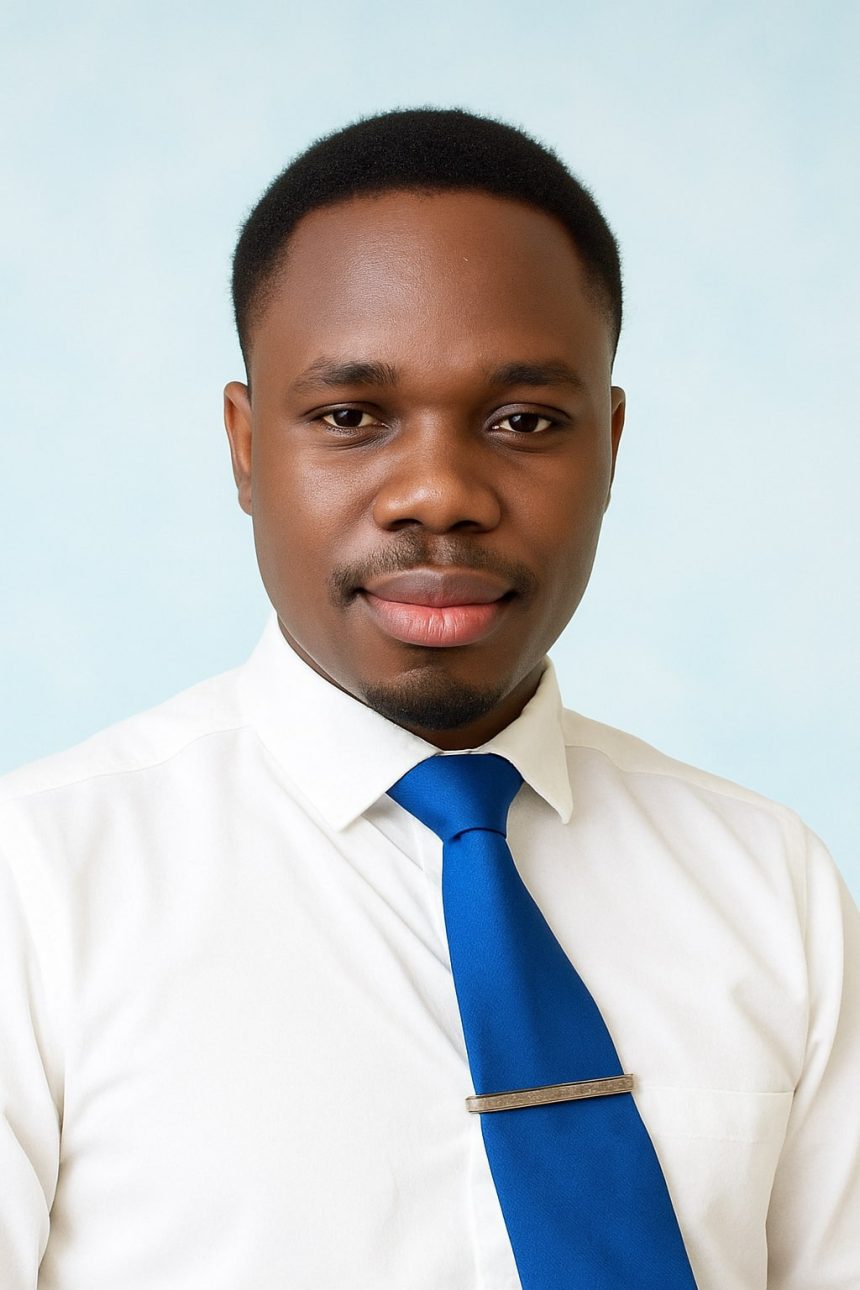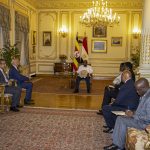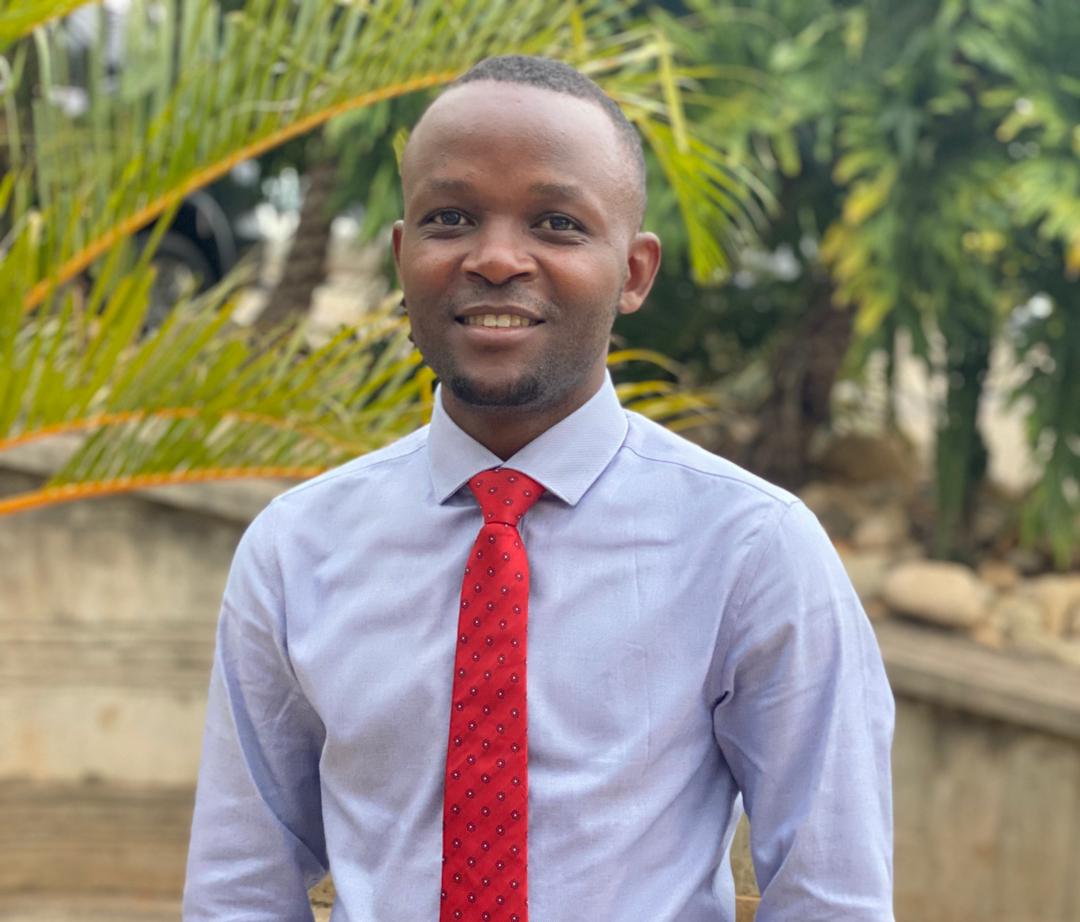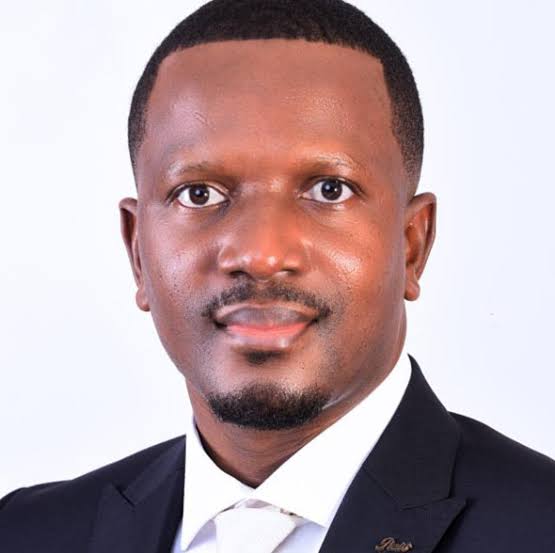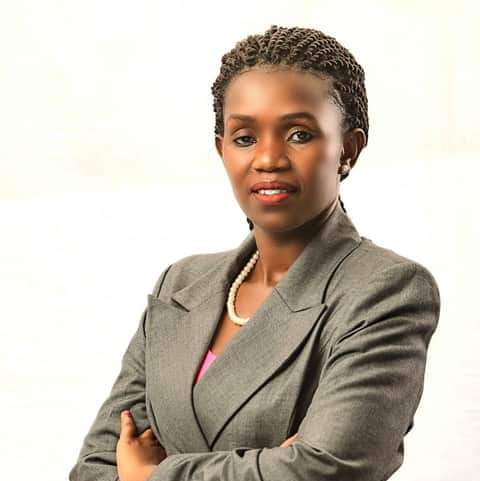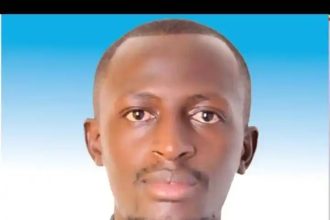By Odeke Bazel
If you take a slow walk to the Electoral Commission offices these days, you might think you’ve stumbled upon the grand opening of a supermarket giving away free rice.
Dozens of citizens—seasoned politicians, fresh-faced activists, and a few who might have mistaken the presidency for a talent show—are picking nomination forms to challenge President Yoweri Kaguta Museveni.
On paper, it’s a beautiful thing. A sign that democracy is alive and breathing in Uganda. It suggests anyone with the right age, citizenship, and a stomach for campaign drama can aspire to sit in State House. But one can’t help wondering: is this sudden rush for forms a true reflection of democratic confidence, or a polite protest in disguise?
President Museveni has been in power since 1986—long enough for an entire generation to be born, graduate, and start paying school fees under the same administration.
Every fresh aspirant feels like a billboard saying: “We’ve had enough of the same movie, let’s change the channel.” This seems less about paperwork love and more about signaling a craving for new faces, new ideas, and—dare one say—new presidential handwriting.
Some moments are downright comical. Candidates arrive with no clear manifestos but slogans that sound like local drama series—”Time for Real Change!”, “The Future is Now!”, or the crowd favorite, “We Will Eat Together.” For others, the campaign trail is about brand-building, securing a political appointment, or simply ensuring relatives start calling them Honourable. In Uganda, where politics can be the most secure job with no retirement age, this is hardly surprising.
Still, credit is due. At least at the nomination stage, Uganda’s electoral process doesn’t slam the door in people’s faces.
This openness allows for diversity and ensures the presidential race isn’t a stale two-man contest. Even if some have about the same chance of winning as a boda-boda in a Formula 1 race, their presence enriches the debate and keeps the political atmosphere vibrant.
But behind the spectacle lies a quiet cynicism. Many Ugandans believe the odds of unseating Museveni remain slimmer than a grasshopper’s waist. With state resources, security machinery, and political structures firmly in the ruling party’s grip, the battleground is hardly level.
This wave of nominations might be less about victory and more about visibility, protest, and symbolism—a reminder that democracy in Uganda is alive, but not entirely free from entrenched power.
The growing line of presidential aspirants is a strange cocktail of bravery, ambition, protest, and comedy. It is democracy, yes—but democracy in a tuxedo with a few patches on the inside.
Until every runner stands a fair chance, Uganda’s democracy will remain like a wedding buffet—open to all, but with the best dishes mysteriously reserved for the high table.
Odeke Bazel is a political commentator, researcher, and social worker with a focus on governance and youth civic engagement.

